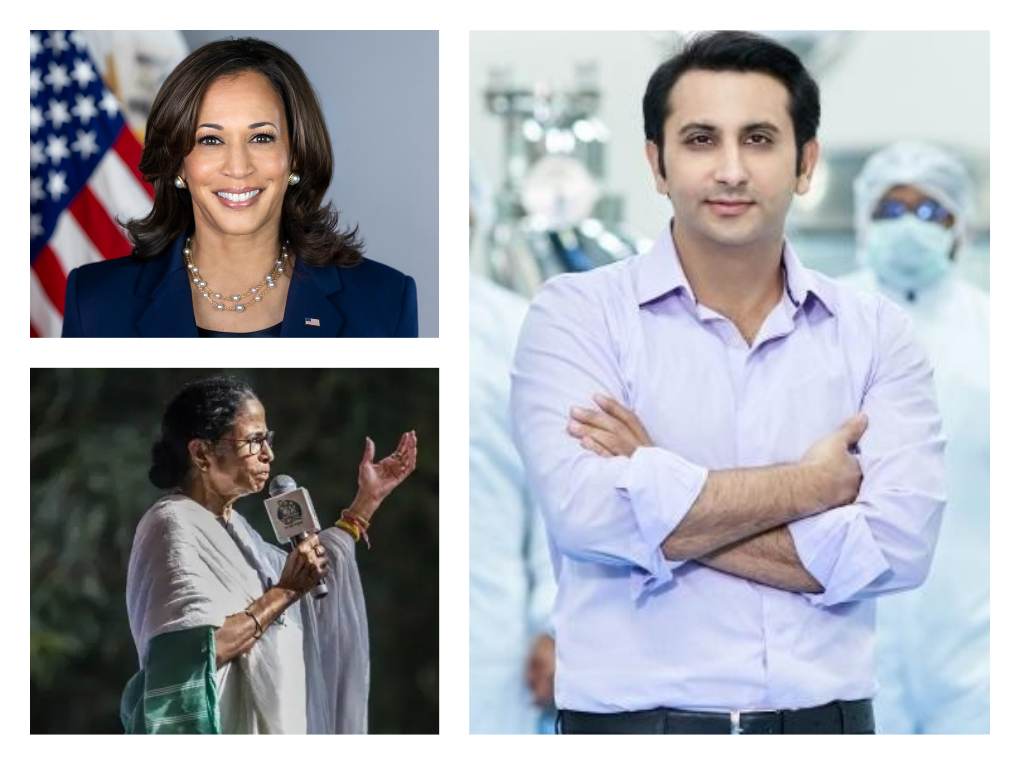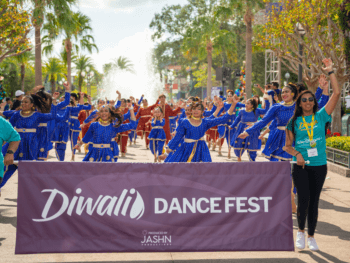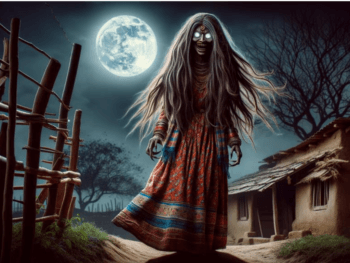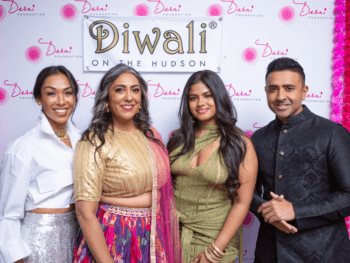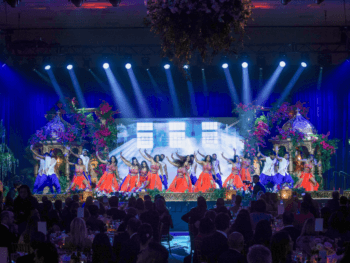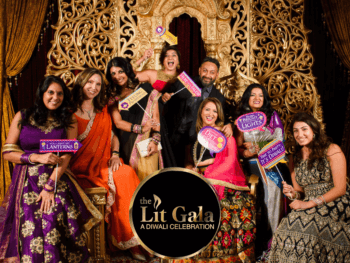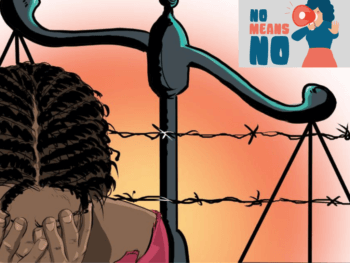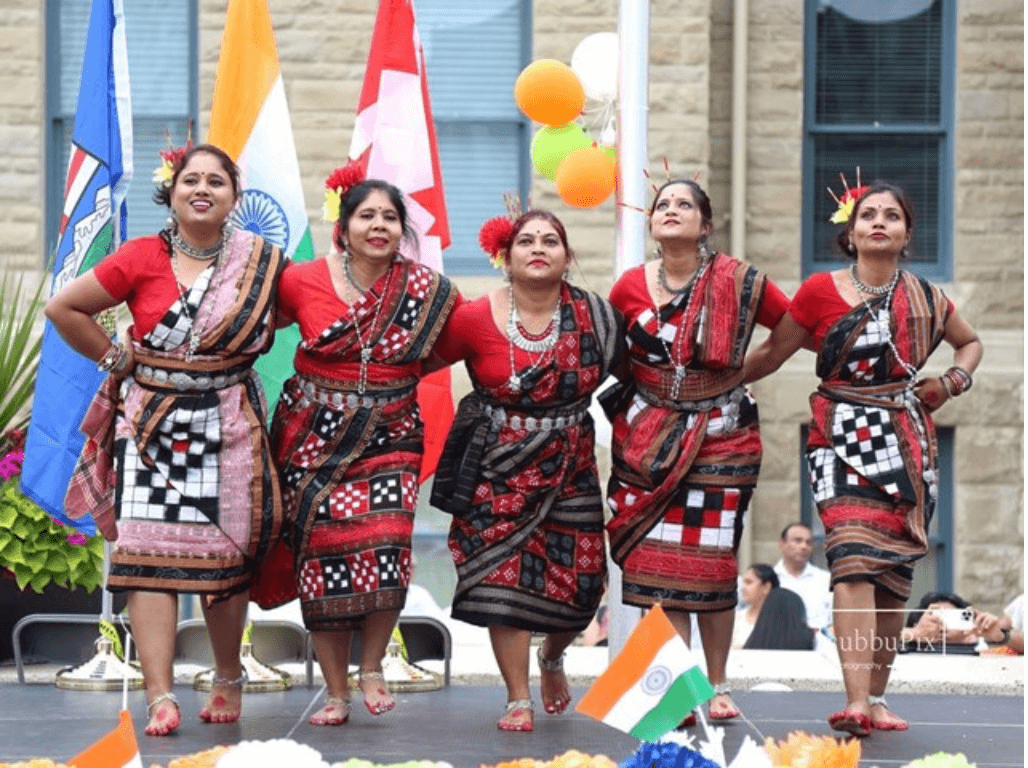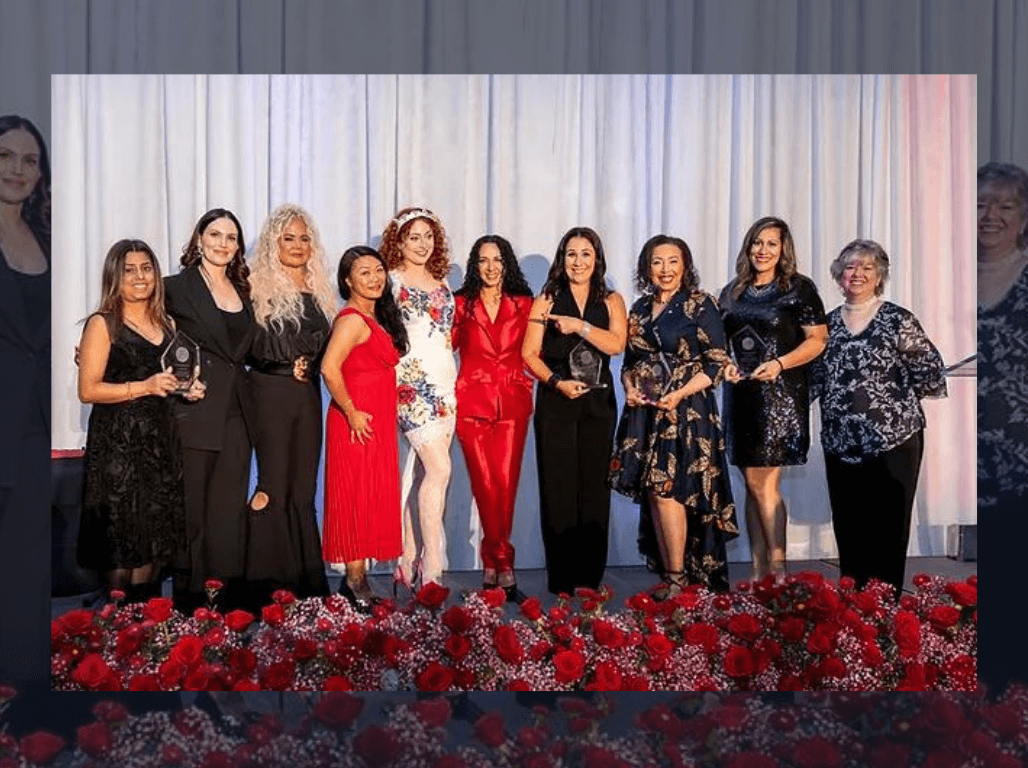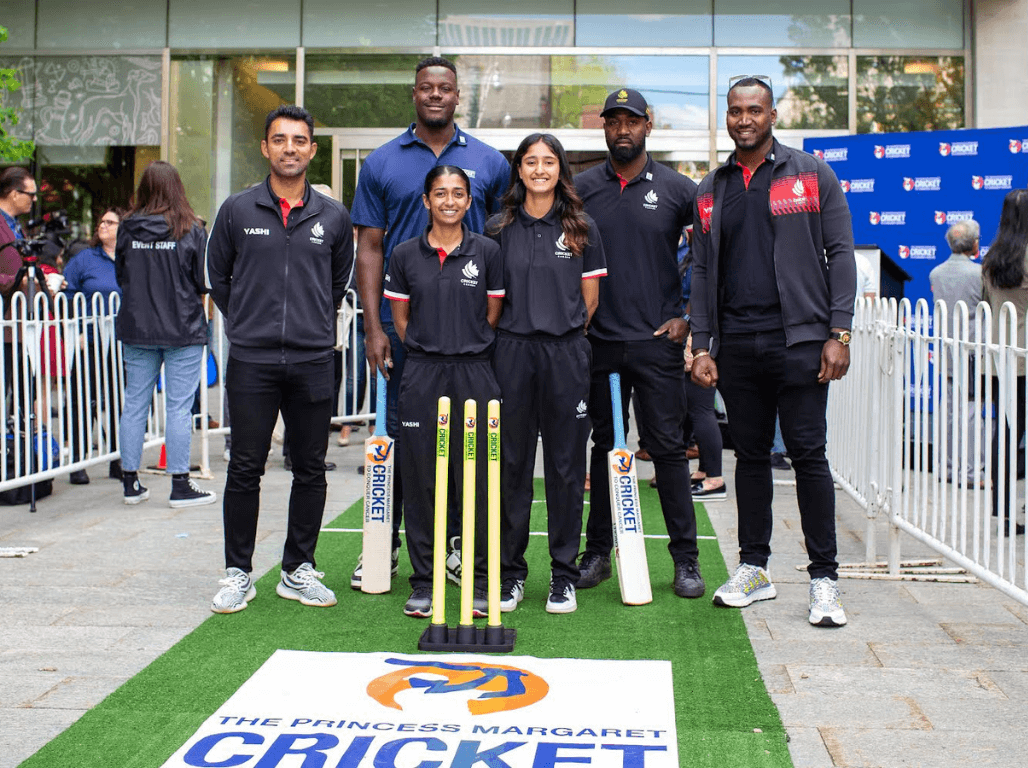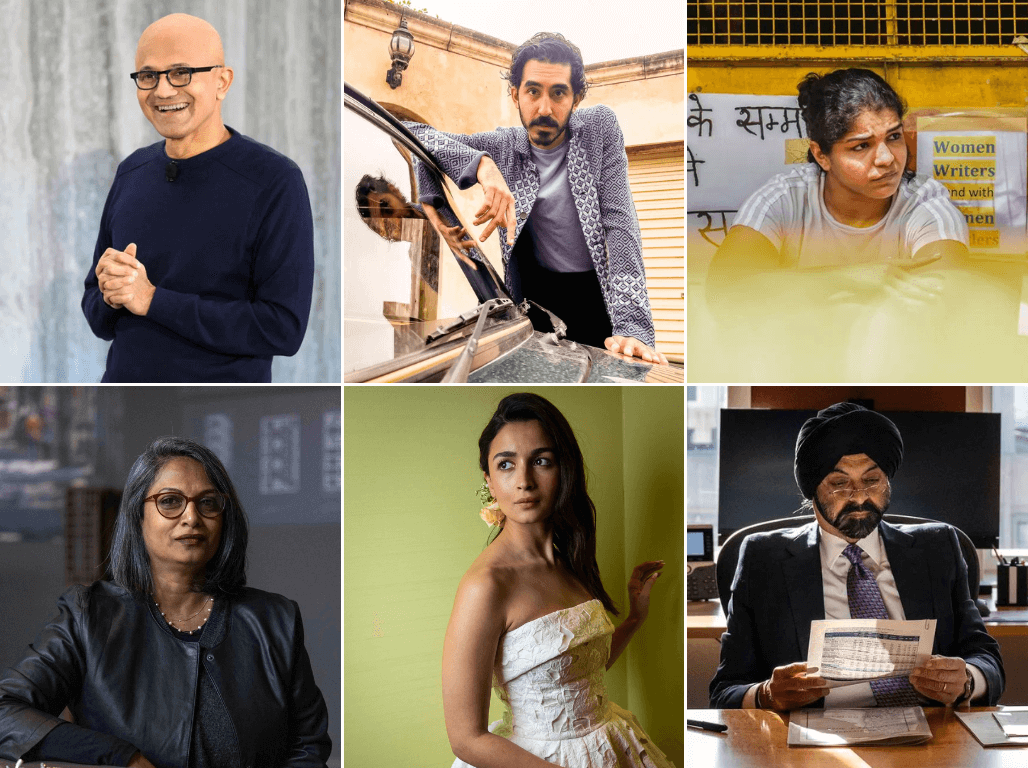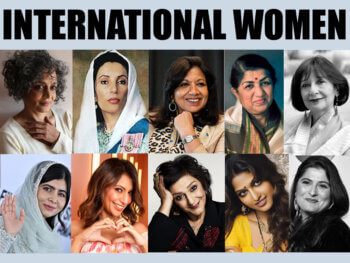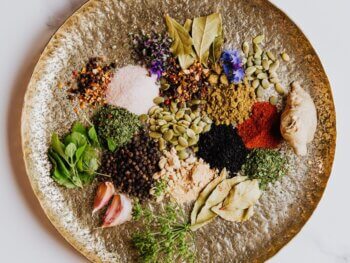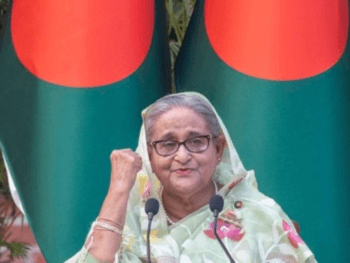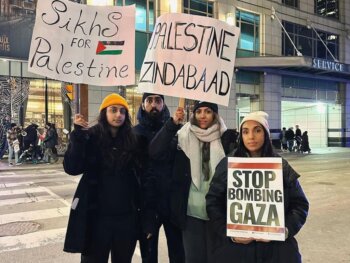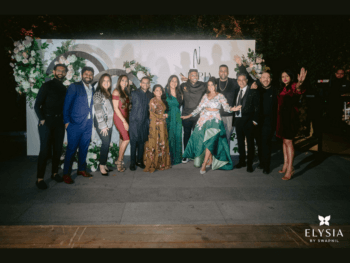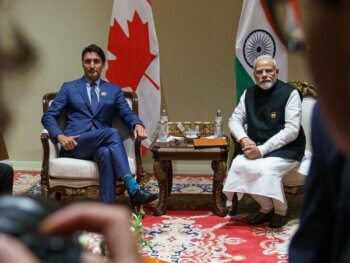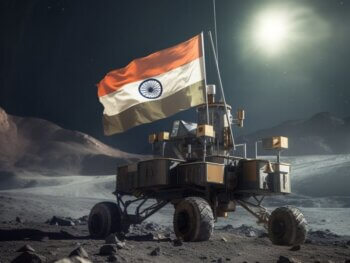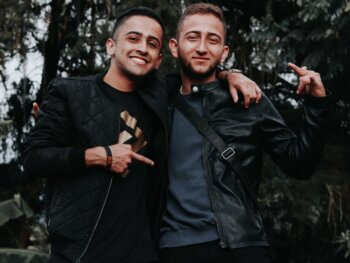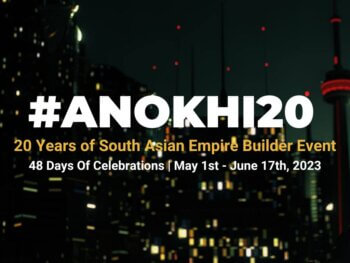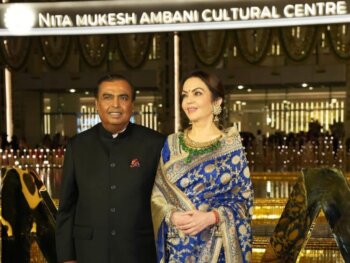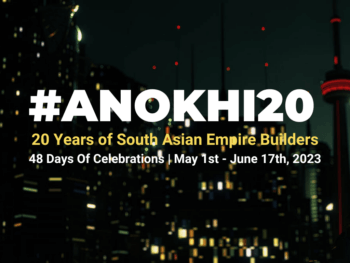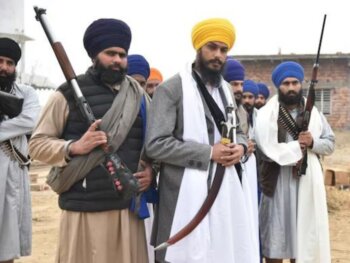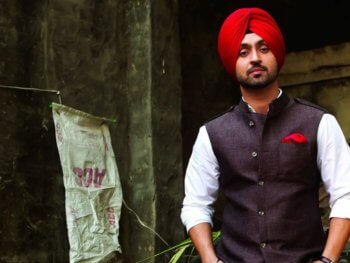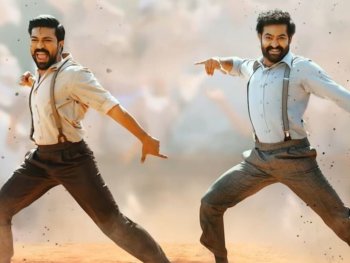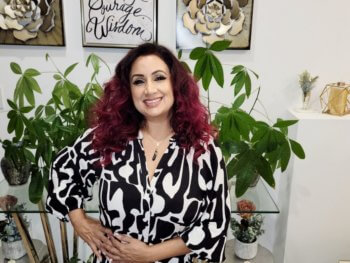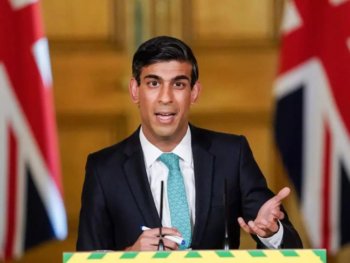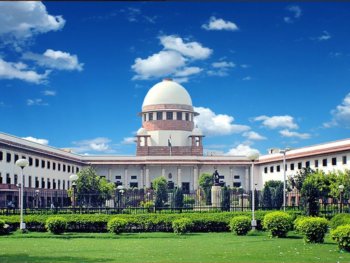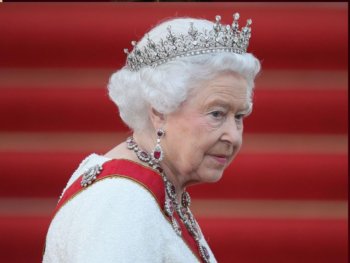TIME magazine released their annual list of the most influential people of the year. This year, in their 100 Most Influential People of 2021 there are 5 South Asians who received this noble recognition. Check out who made the list right here!
Mamata Banerjee
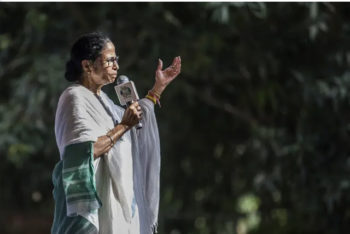
“Mamata Banerjee, in her signature white sari paired with rubber flip-flops, has become the face of fierceness in Indian politics. On May 2, she stood like a fortress against the expansionist ambition of Narendra Modi, a seemingly invincible Prime Minister, when she retained her role of chief minister of West Bengal in the state’s assembly elections, despite the money and men of the ruling Bharatiya Janata Party. Unlike many other women in Indian politics, Mamata has never been framed as someone’s wife, mother, daughter or partner. She rose from abject poverty — working once as a stenographer and a milk-booth vendor to support her family. Of Banerjee, it is said, she doesn’t lead her party, the Trinamool Congress — she is the party. The street-fighter spirit and self-made life in a patriarchal culture set her apart. If any coalition of forces were to come together to counter Modi nationally, Mamata is almost certain to be the pivot.
— Barkha Dutt, author and journalist
Kamala Harris
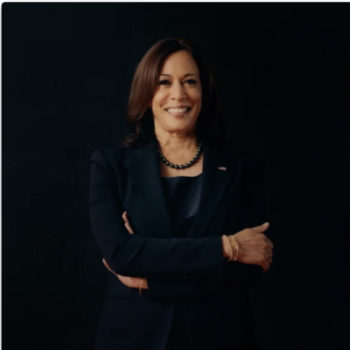
“When Kamala Harris became Vice President, America took a glorious step into the future. Children in America were awakened to new possibilities. People around the world saw America in a new light. There was joy in the air, not just because Kamala Harris was the first woman and first Black person and first Asian person to become Vice President, but because the country saw what Joe Biden knew: that Kamala Harris was the best.
I have known the Vice President for a long time. We are Californians with a common motivation: family. The Vice President’s mother raised her two daughters as she worked as a scientist to cure breast cancer. Her mother’s self-determination drives the Vice President’s work — whether that is providing tangible relief to families, lifting up women in the workforce or defending the right to vote. The Vice President wants everyone to have the opportunity to determine their future.
In becoming Vice President, Kamala Harris made history, and now she is making progress for the people.”
— Nancy Pelosi, Speaker of the U.S. House of Representatives
Manjusha P. Kulkarni
(along with Russel Jeung and Cynthia Choi)
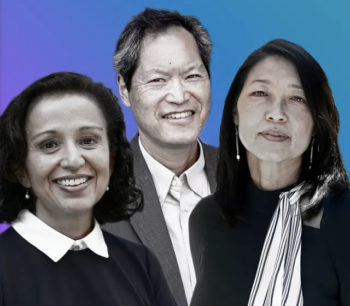
“In a turbulent year, as the U.S. has seen a surge in racist, anti-Asian attacks—from terrifying assaults on senior citizens to the tragic mass shooting in Atlanta — no coalition has been more impactful in raising awareness of this violence than Stop AAPI Hate. Since its start, the organization has logged more than 9,000 anti-Asian acts of hate, harassment, discrimination and assault across the country.
San Francisco State University professor Russell Jeung, who had been an East Oakland, Calif., organizer for Cambodian and Latino youths since the ’90s, founded Stop AAPI Hate in March 2020 with veteran activists Cynthia Choi, co–executive director of Chinese for Affirmative Action, and Manjusha P. Kulkarni, executive director of the Asian Pacific Policy and Planning Council. They created a place where Asian Americans and Pacific Islanders could file firsthand accounts of racism they had experienced — the types of incidents that have long haunted our communities but gone unreported by government agencies and the media and unnoticed by others.
Stop AAPI Hate has become not only an invaluable resource for the public to understand the realities of anti-Asian racism, but also a major platform for finding community-based solutions to combat hate. And its leaders have locked arms with other BIPOC organizations to find restorative justice measures so that civil rights — for all vulnerable groups — receive the protection they deserve. ”
— Cathy Park Hong, poet
Narendra Modi
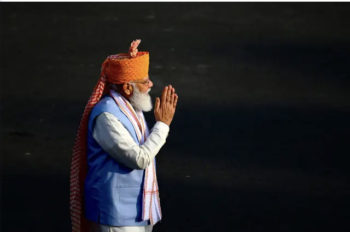
“In its 74 years as an independent nation, India has had three pivotal leaders. Jawaharlal Nehru, its founding Prime Minister, set the template for the country as secular and democratic. Indira Gandhi presided over its most tumultuous times, spanning war, civil strife and emergency rule. Narendra Modi is the third, dominating the country’s politics like no one since them. Despite mishandling COVID-19—the death toll has been estimated to be much higher than the official count—his approval rating has slipped to a still sky-high 71%. When he was elected, many believed that Modi would finally move India off its socialist past and into a capitalist future.
He’s done some of that but more determinedly, he has pushed the country away from secularism and toward Hindu nationalism. In addition to eroding the rights of India’s Muslim minority, Modi’s government has imprisoned and intimidated journalists who shine a light on its abuses and has passed laws crippling India’s thousands of NGOs and advocacy groups. It was responsible for 70% of Internet shutdowns on the planet in 2020. Two international think tanks concluded this year that under his watch, India has veered away from democracy, toward what V-Dem Institute calls “electoral autocracy.” Modi must decide if that is what he wants as his legacy.”
— Fareed Zakaria, host of CNN’s Fareed Zakaria GPS
Adar Poonawalla

“From the beginning of the pandemic, Adar Poonawalla sought to meet the moment. His company, the Serum Institute of India, was already the world’s largest vaccine maker when he promised 1.1 billion doses of COVID-19 vaccines for the developing world by the end of 2021. That assurance was the backbone of the plan for global vaccine access mounted by a coalition of institutions, including the World Health Organization. Poonawalla told me in March he didn’t want to “have regrets when history judges my actions.”
But over the course of this year, a series of issues—a fire at his plant in Pune, India; trouble securing necessary raw materials; and a vaccine export ban amid India’s second wave of COVID-19 — slowed his ambitions, and left many countries scrambling to find other sources of the vaccines.
The pandemic is not over yet, and Poonawalla could still help end it. Vaccine inequality is stark, and delayed immunization in one part of the world can have global consequences — including the risk of more dangerous variants emerging. Meanwhile, the Serum Institute has almost doubled production of COVID-19 vaccines since May and is adding newer vaccines — including Novavax and Russia’s Sputnik V — to its portfolio in the coming months. Whether Poonawalla can right the ship this time will determine which side of history he falls on — and, more importantly, how quickly the world emerges from the pandemic.”
— Abishyant Kidangoor, producer at TIME
Main Image Photo Credit: www.time.com
Hina P. Ansari
Author
Hina P. Ansari is a graduate from The University of Western Ontario (London, Ontario). Since then she has carved a successful career in Canada's national fashion-publishing world as the Entertainment/Photo Editor at FLARE Magazine, Canada's national fashion magazine. She was the first South Asian in...


















































